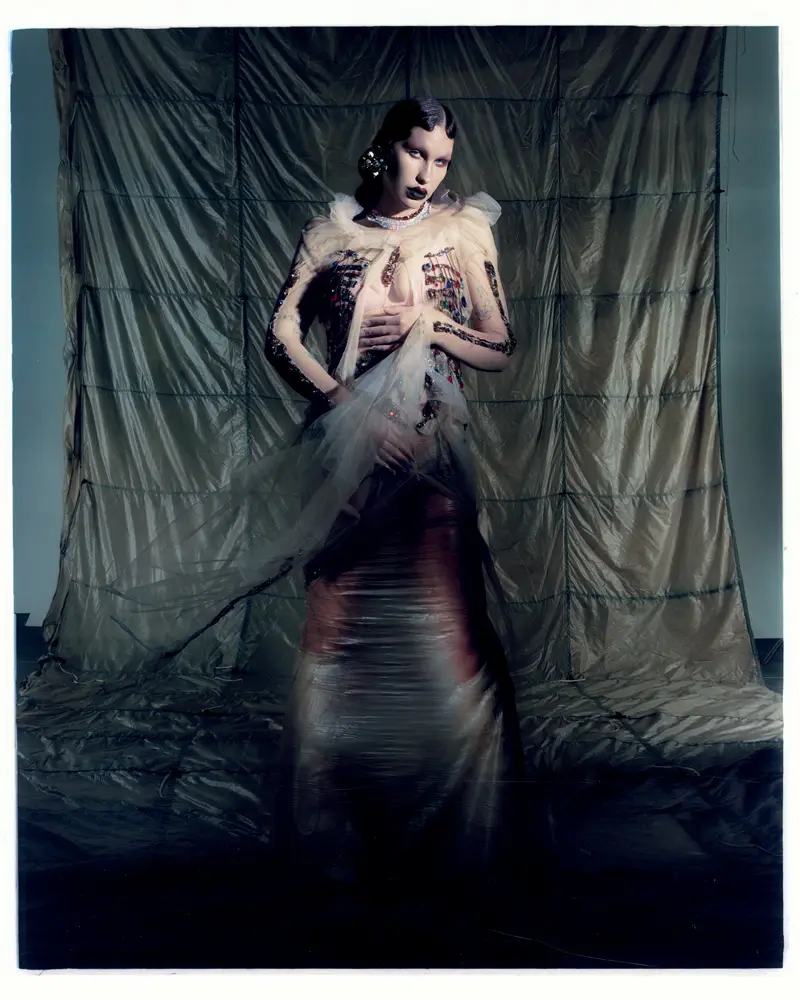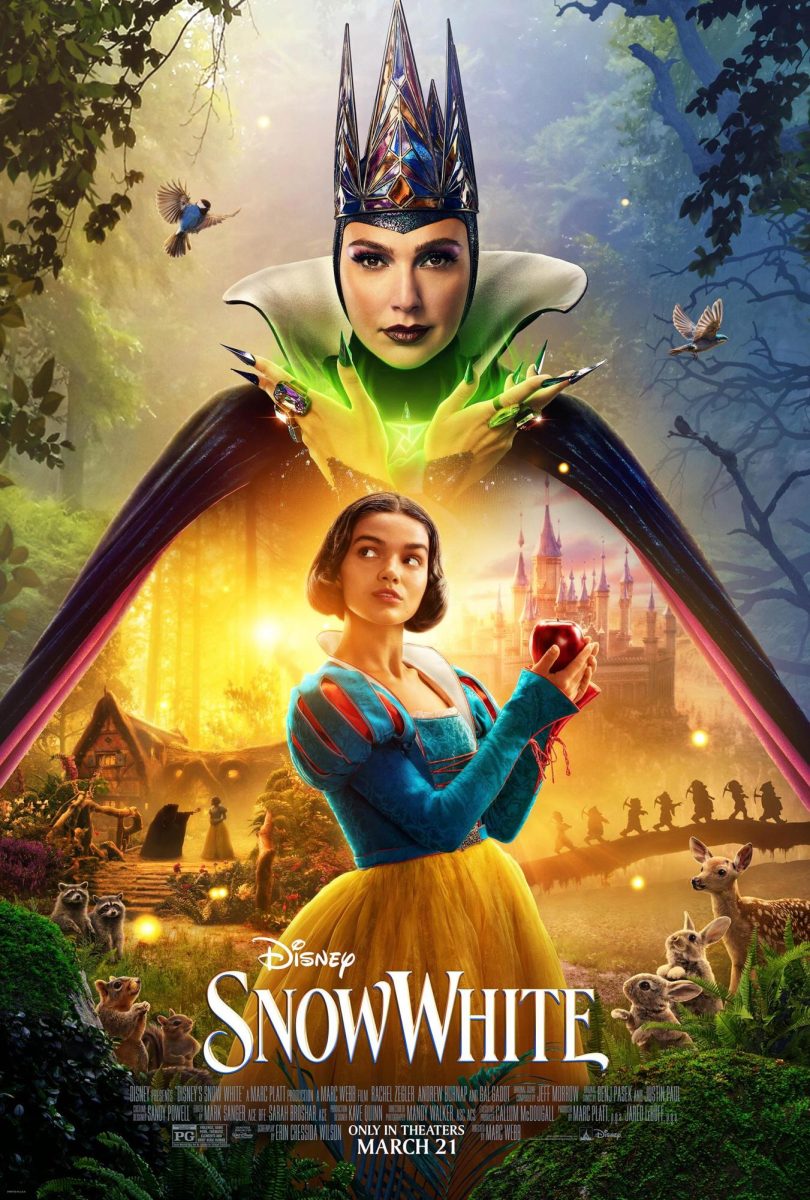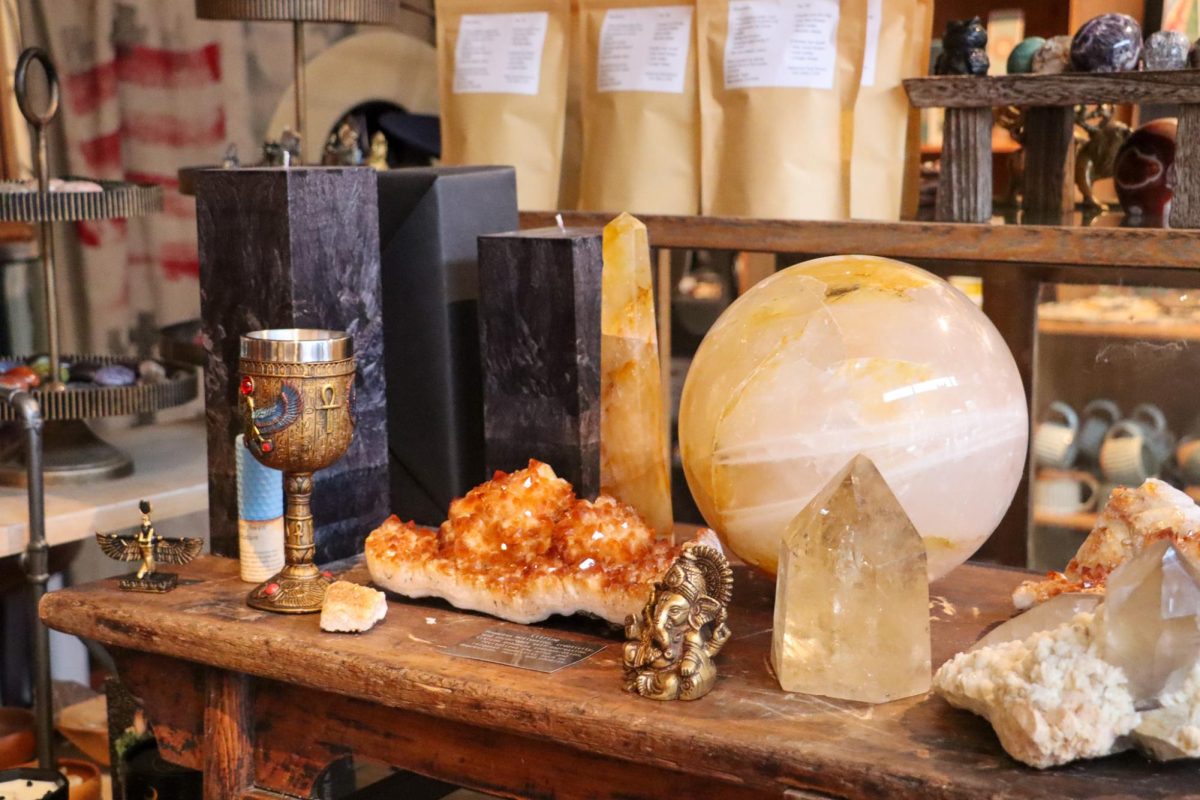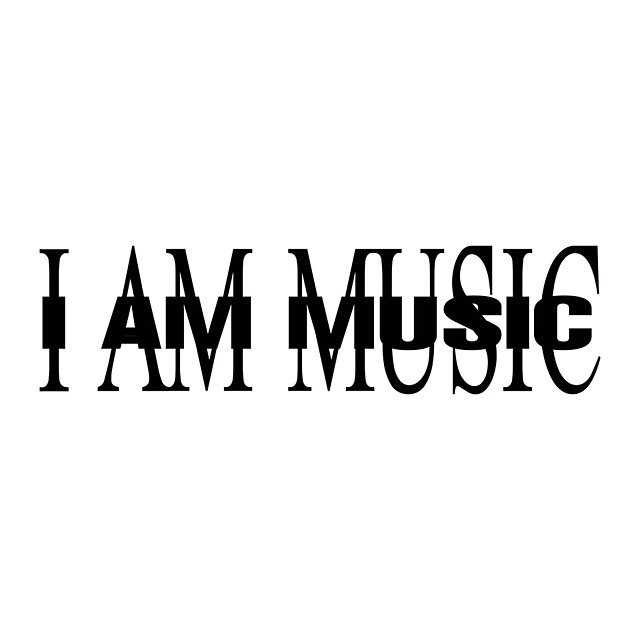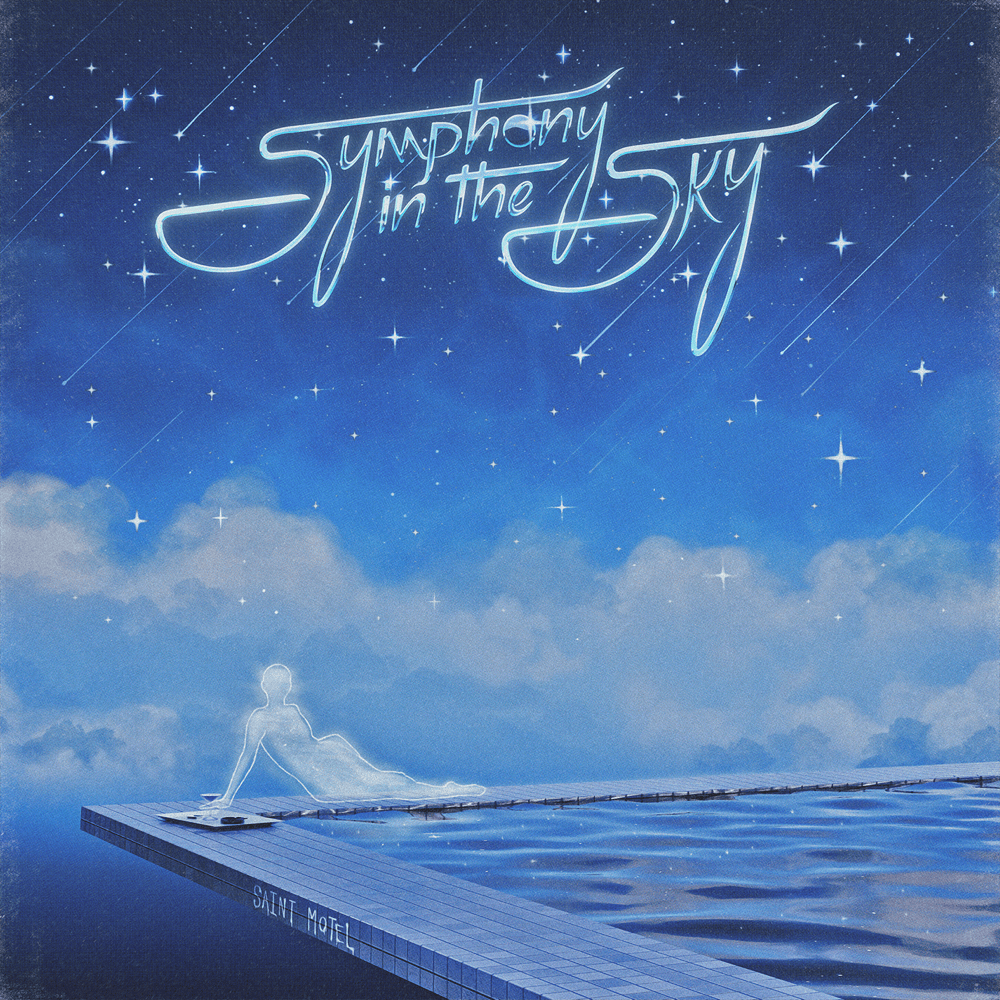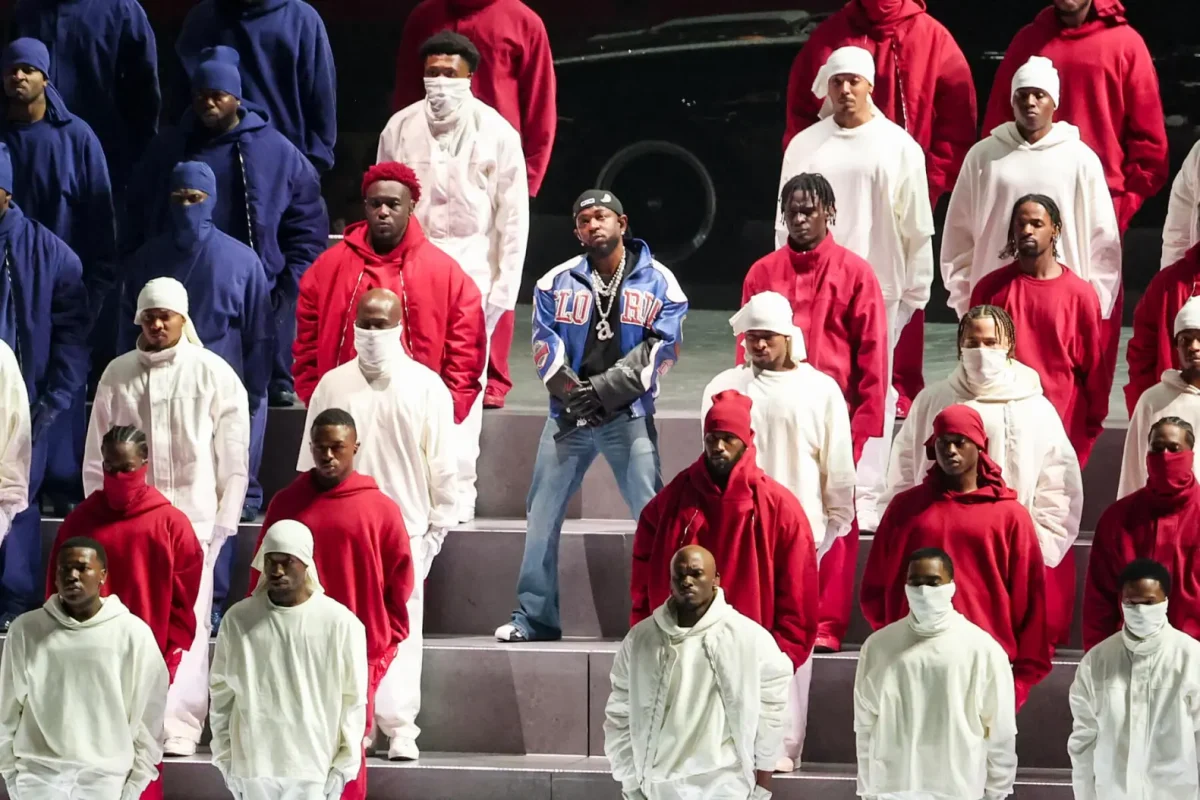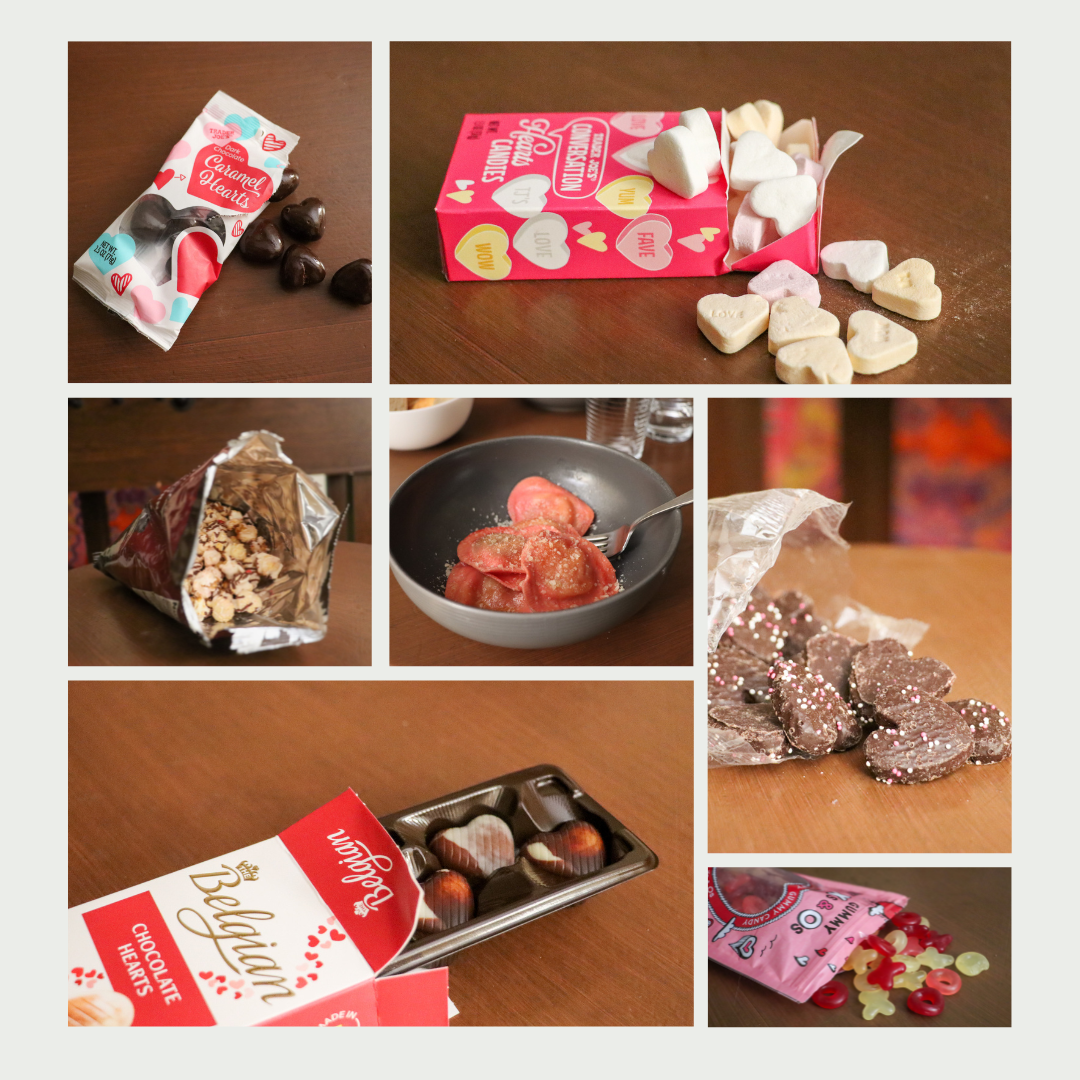On Sept. 20, multi-instrumentalist Alexandra Drewchin, also known as Eartheater, released her fifth studio album, Powders, with a sister album in the works. The album appeals to a niche audience, with a confident and sexually-inspired take on electronic art pop.
Eartheater, born and raised in Queens, New York, shows her evolved vision for the future of experimental pop in her music. She began performing in 2009 and has produced and composed many of her songs. Listeners have described her music as fitting into many genres, such as psychedelic folk, industrial, and trip-hop.
Eartheater recorded Powders, which has nine tracks, in Hollywood studio Sunset Sound, leading sessions as a producer, singer, and writer for her fourth studio album. While fans have eagerly awaited the new release, new listeners should proceed with caution. Powders explores extraterrestrial sounds with almost nonsensical lyrics and electronic beats that leave new listeners confused and fans wanting more. In an interview with Numéro Magazine, Eartheater highlights what she wants the audience to feel about her new album.
“I like to keep the audience on the edge of their seats so that they never know what to expect before they discover me,” Eartheater said in the interview.
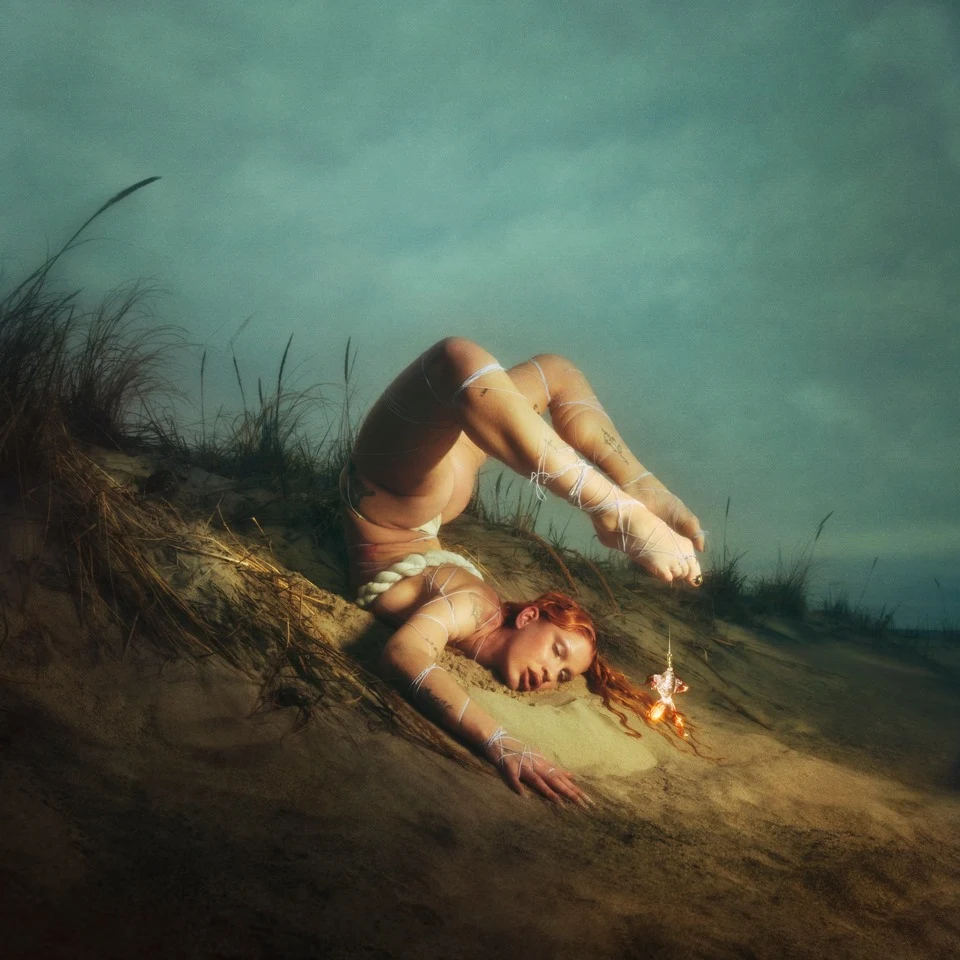
The album opens with “Sugarcane Switch,” which builds up with electronic and whimsical feelings, using lyrics to craft a story that the album never fully explains. “Sugarcane Switch” starts with a strange electronic ballad that captures Eartheater’s elusive energy, but as the album progresses, the auditory jumpscares can catch listeners off-guard.
“Clean Break,” the fourth track of the album takes a different route from the chaos of “Sugarcane Switch” and returns to the sound of electronic pop that listeneears expected. “Clean Break” opens with calm instrumentals and evolves into Eartheater’s most skilled song on the album, with soft vocals and soothing background music. Despite the improvement in vocals, the lyrics are still confusing.
“The shards, carefully collected and piled, how concerto of me to not see it wasn’t a clean break,” Eartheater sings in a verse towards the end of the song.
The album featured some truly uncomfortable listens, including an eerie rendition of “Chop Suey,” which was originally a rock song by California-based band System of a Down, and the chaotic track “Heels over Head.” “Chop Suey” strays far from its original sound with a whopping two and a half minutes of repetitive, high-pitched mumbling, while “Heels over Head” showcases choppy beats and an ill-mixed medley of musical genres.
Though Eartheater definitely missed the mark with this album, fans appreciate Eartheater’s unwavering confidence and quirky stylistic choices and look forward to her next album, but Powders doesn’t cater to new listeners. Her new album encouraged listeners to experiment in different genres but failed to appeal to audiences, leaving Powders with two out of five feathers.




